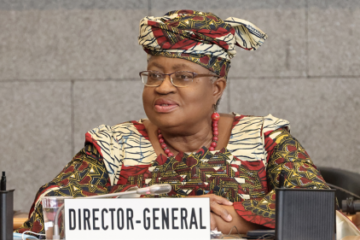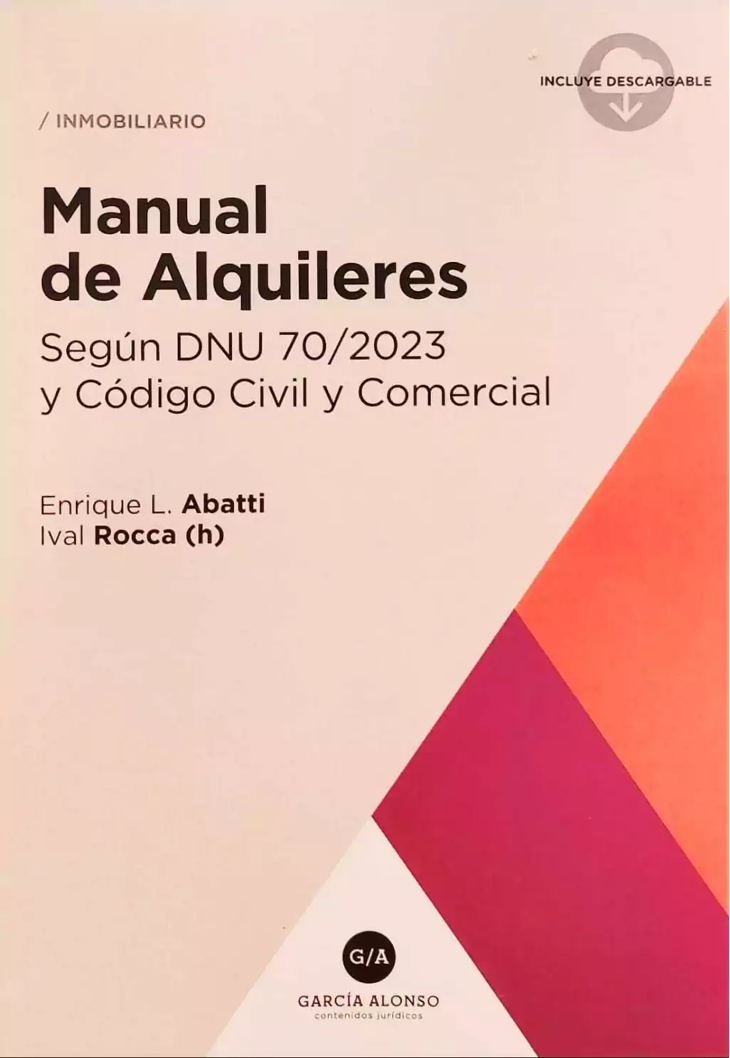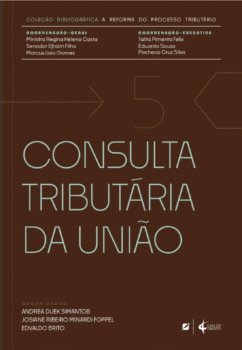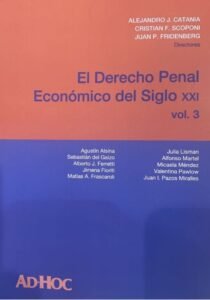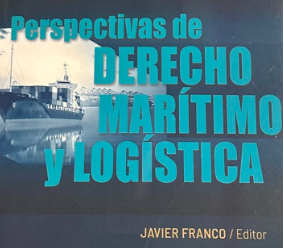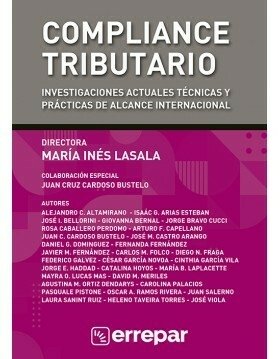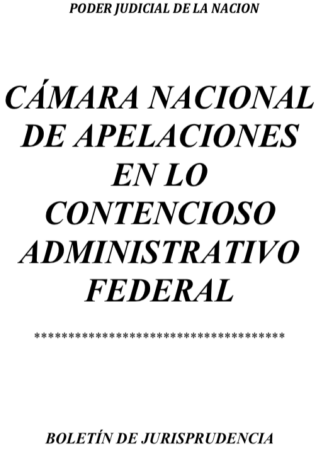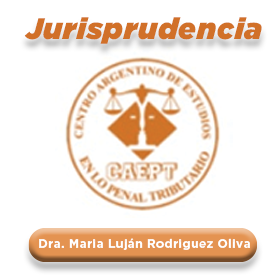OMC – Convoca reuniones específicas para poner fin estancamiento de cuestión del trato especial para los países en desarrollo
 En una reunión celebrada el 8 de febrero, la Presidenta de las negociaciones sobre comercio y desarrollo, Embajadora Kadra Ahmed Hassan, de Djibouti, alento aa los Miembros de la OMC a encontrar un denominador común respecto del fortalecimiento del trato especial para los países en desarrollo. La Presidenta instó a las delegaciones a “mostrar flexibilidad” y a “encontrar un nuevo enfoque” sobre las propuestas presentadas que se debatirán en una serie de reuniones en las próximas semanas.
En una reunión celebrada el 8 de febrero, la Presidenta de las negociaciones sobre comercio y desarrollo, Embajadora Kadra Ahmed Hassan, de Djibouti, alento aa los Miembros de la OMC a encontrar un denominador común respecto del fortalecimiento del trato especial para los países en desarrollo. La Presidenta instó a las delegaciones a “mostrar flexibilidad” y a “encontrar un nuevo enfoque” sobre las propuestas presentadas que se debatirán en una serie de reuniones en las próximas semanas.
Under discussion are ten Agreement-specific proposals tabled by the WTO G90 group of developing countries and least-developed countries (LDCs) in March 2020 to strengthen existing special and differential provisions and make them more precise, effective and operational. Over 100 provisions exist in the WTO’s agreements and decisions, including flexibilities such as longer transition periods for developing countries to implement agreements and the right to impose higher import tariffs.
“The COVID-19 crisis reveals that effective and operational special and differential treatment provisions are much more than a negotiation tool that allows levelling the playing field or support to our rightful development aspirations,” said South Africa on behalf of the G90 at the meeting.
According to the proponents, the aim of the proposals is the effective implementation of existing special and differential treatment provisions, including by setting implementation timelines, guaranteeing technical assistance and capacity-building programmes, creating commercially meaningful export opportunities, and ensuring that governments can pursue policies to meet their development objectives.
While some members expressed support for the G90 proposals, others reiterated concerns previously discussed in the committee. It was also stressed that reforms and capacity-building programmes can help developing countries meet their trade-related and development objectives. “Finding a way forward on these issues will be a major contribution to efforts to make the WTO a more relevant and resilient organization,” the Chair said.
Despite a continued “feeling of disappointment” expressed by certain WTO members, the Chair encouraged delegations to continue sharing experiences on how special and differential treatment is implemented and on the challenges encountered. She underlined the positive spillover effect that these negotiations could have on other WTO negotiations: “If progress can be made in our work in the Committee, this can have a positive impact on other discussions taking place in the WTO which are also concerned with issues relating to special and differential treatment and the development dimension of the WTO’s work.”
The negotiations taking place in the special session of the Trade and Development Committee are mandated by Paragraph 44 of the Doha Ministerial Declaration, which has been guiding the WTO’s development work over the last 20 years. Extensive discussions, both formal and informal, have been conducted by successive chairs. Ambassador Hassan announced that a further four meetings would be held on this theme in the coming weeks.
OMC



